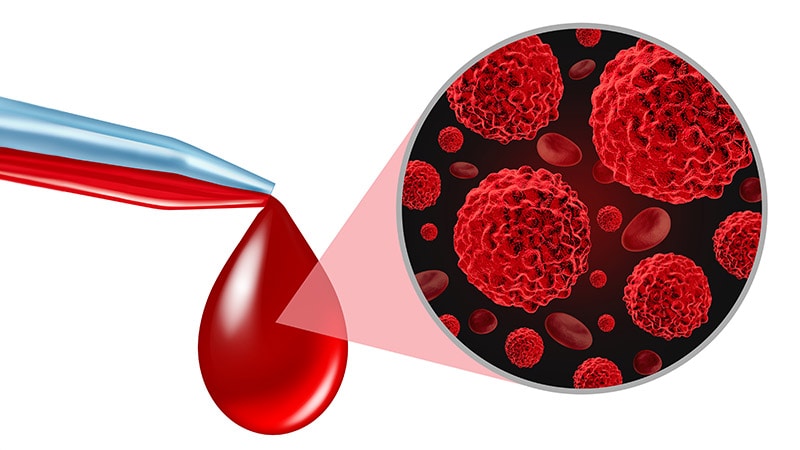The government should provide free and safe accommodation, adequate income support, job protection and help with caring responsibilities to support self-isolation, argue experts in the BMJ.
Dr Muge Cevik at the University of St Andrews and colleagues say the ability to quarantine until test results are available, and to isolate if positive, depends on people having the space and resources to do so.
They point to UK survey data suggesting that less than one in five people are able to adhere to isolation protocols. Notably, lower rates of adherence have been reported among men, younger people, key workers, those living with dependent children and those in lower socio-economic groups.
Although willingness to self-isolate was high across all respondents, the self-reported ability to isolate was three times lower among those earning less than £20,000 a year or who had less than £100 saved. This finding is consistent with reports that lost wages are the primary reason for not following isolation guidelines.
However, several well described models have been shown to enhance compliance with quarantine and isolation, they write.
For example, in the United States, schemes offer people with positive results a menu of supportive services, including free deliveries of food and medicines, transport and even dog walking, to help them quarantine either at home or in free hotel accommodation.
“These interventions have led to high rates of test uptake, number of contacts identified, and adherence to self-isolation, contributing to reducing total household and community transmission,” say the authors.
“The next phase of the public health response must align testing strategies with people’s lived realities,” they argue. “Ultimately, people need to be able to isolate without fear of a substantial damage to their work, income, family, or caring responsibilities.”



